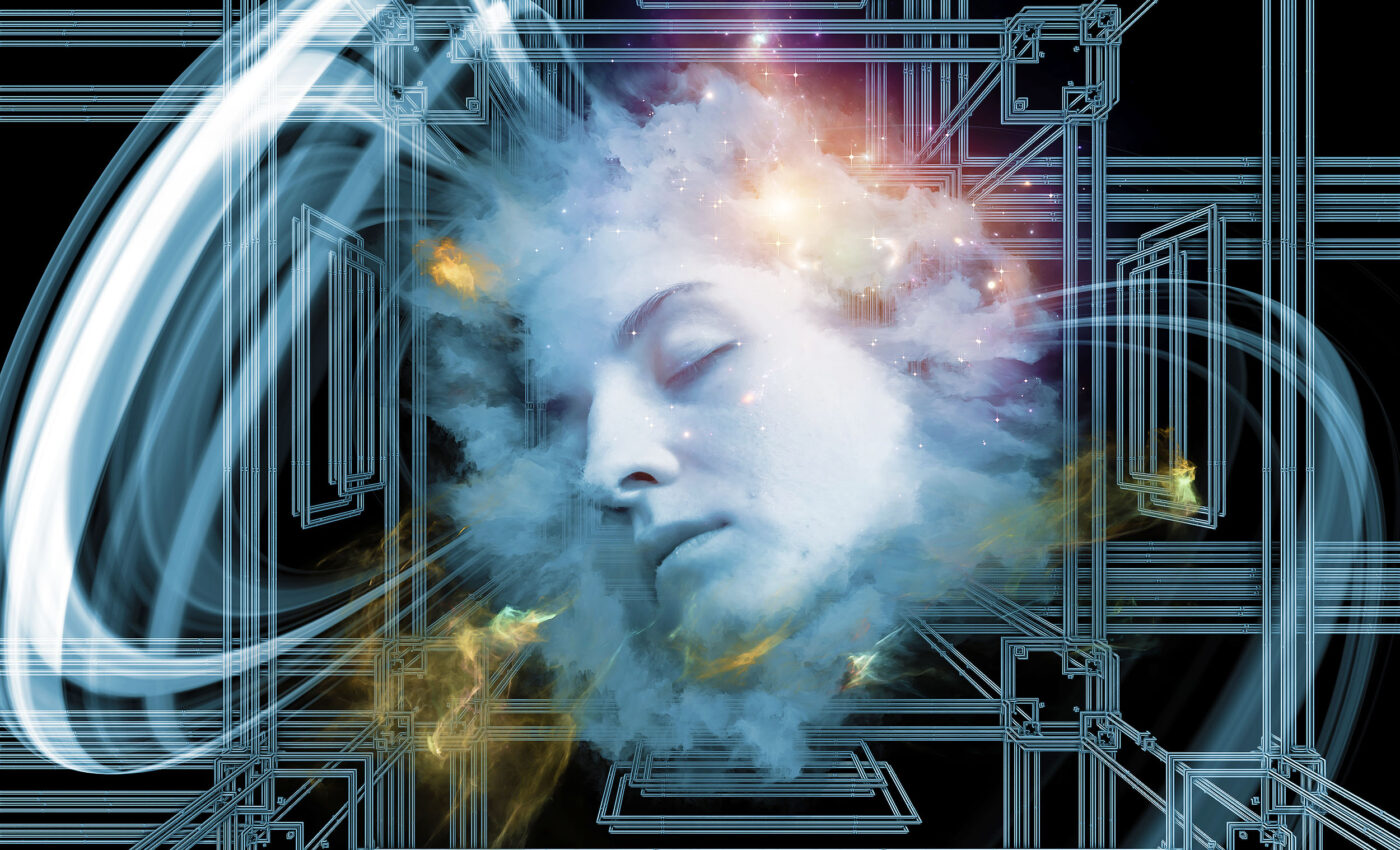
How breathing impacts memory formation during sleep
How are memories consolidated during sleep, and how are breathing patterns involved? Recent research spearheaded by Dr. Thomas Schreiner, leader of the Emmy Noether junior research group at LMU’s Department of Psychology, delves into this longstanding question.
In a 2021 study, Schreiner and his team demonstrated a direct link between specific sleep-related brain activity and the reactivation of memories during sleep. However, the question remained: What orchestrates these rhythms?
Looking back at old data
To explore this further, Schreiner’s team collaborated with experts from the Max Planck Institute for Human Development in Berlin and the University of Oxford. Their meticulous reanalysis of data unveiled a surprising factor, which involves respiration.
“Our breathing influences how memories are consolidated during sleep,” reveals Schreiner, pointing to a novel understanding of the memory-sleep connection.
In their original study, the researchers engaged 20 participants who were shown 120 images, each linked to specific words, over two sessions. Following this, the participants slept for approximately two hours in a sleep lab.
Upon waking, they were quizzed on the learned associations. Throughout the learning and sleep phases, the team recorded brain activity using EEG, alongside the participants’ breathing patterns.
Breathing, memory, and the sleeping brain
The team found that the sleeping brain spontaneously reactivated learned content in the presence of slow oscillations and sleep spindles – brief periods of heightened brain activity. “These brain rhythms, crucial for memory, evolve from childhood to adolescence and wane during aging,” notes Schreiner.
Intriguingly, as respiratory frequency varies with age, the researchers established a correlation between breathing patterns and the emergence of these distinct brain rhythms.
“Our findings connect breathing with the occurrence of specific brain patterns linked to memory,” explains Schreiner. This discovery extends the known relationship between breathing and cognition, highlighting its significance even during sleep.
Acknowledging that older individuals often experience sleep disturbances, respiratory issues, and memory decline, Schreiner is eager to investigate potential interconnections. He speculates on the cognitive benefits of interventions like CPAP masks, commonly used for sleep apnea treatment, in addressing these interconnected phenomena.
In summary, this research opens a new chapter in our understanding of sleep and memory, suggesting that the simple act of breathing might hold the key to effective memory consolidation during sleep. As Schreiner and his team continue their explorations, they pave the way for innovative approaches to enhancing memory and cognitive health across the lifespan.
—–
Like what you read? Subscribe to our newsletter for engaging articles, exclusive content, and the latest updates.
Check us out on EarthSnap, a free app brought to you by Eric Ralls and Earth.com.
—–













